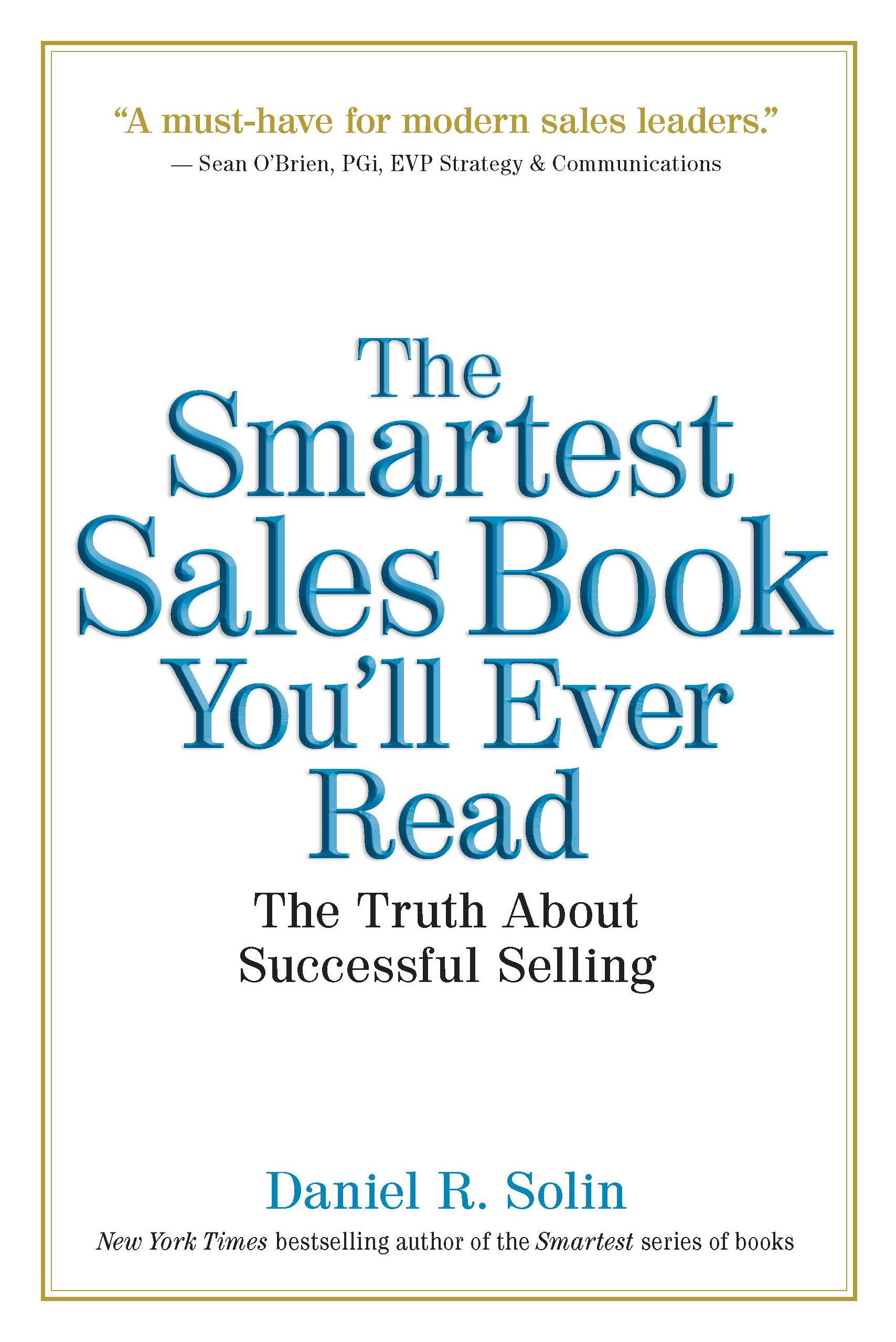In May 2009, during an appearance on CNBC, I suggested that the network could do a major service to investors by abandoning its slogan "In Cramer we Trust" and substituting "In Bogle we Trust." Cramer then stormed onto the set and engaged in a bug-eyed rant. He first misrepresented -- and then trashed -- Bogle's buy-and-hold index advice, screaming: "I've had it with the people who tell me about the index fund. For 10 years they've done nothing! For 10 years! When do they get called on the carpet? When are they ever wrong?" You can watch the video here.
Don't be fooled
If you listened to Cramer, you missed out on one of the longest bull runs in stock market history. If you followed his stock-picking advice you, you learned (the hard way) he was right less than you would expect from random chance. A study by CXO Advisory gave him an accuracy rate of only 46.8 percent for the period from 2005 to 2012.
His market-timing advice was no better. On Sept. 25, 2014, the Dow Jones industrial average lost 264 points in a broad sell-off. This caused Cramer to go on an extraordinary anti-index fund rant. He advised viewers to forget index funds and "put in the time" to research stocks. He provided no data demonstrating that viewers who did so would have any better track record than his own dismal performance.
The "experts" are clueless
I thought of my encounter with Cramer when I watched "experts" from CNBC and elsewhere appear in the media to "explain" the market sell-off. Cramer joined others who attributed the sell-off to problems with the economy in China, among other reasons.
Here's what CNBC didn't tell you:
1. No one can "explain" the market. The Dow Jones industrial average closed on Aug. 24, 2015, at 15,871. It closed on Aug. 28, 2015, at 16,643. Did the government of China fix its economic problems and stabilize its stock market in four days?
Markets are random and unpredictable. The talking heads who offer their "expertise" to explain "what's happening" have no greater insight than you.
2. There's nothing unusual going on. If you listened to the commentators, you would think the market has a history of smooth, consistent returns. While the annual average return of the S&P 500 Index from 1926-2014 was 12 percent, there were six years in which the index lost more than 20 percent and 18 additional years in which the index was in negative territory. There were also 33 years when it returned more than 20 percent. The "gurus" ignore this data and try to "explain" why investors are experiencing "a bumpy ride." The data indicates a bumpy ride is the norm, not the exception.
The price for earning the average annual return of the index is to remain invested all the time. If you watch the financial media, you will be encouraged to "do something," based on its lame "explanations" of what amounts to nothing more than the normal behavior of the market.
3. Short-term data is meaningless. The media loves to focus on short-term data because it drives ratings. It also generates anxiety and fear. I am sickened when I watch breathless reports from the floor of the NYSE, complete with harried traders wiping their brows and commentators telling us there is no end in sight to the "freefall."
Why not include long-term data to give investors some perspective? The five-year annual return of the S&P 500 Index is 15.4 percent. Year-to-date it is down 3.0 percent. Why should you care?
My advice
Here's my advice:
- Ignore the financial media unless you find it entertaining.
- Focus on long-term data.
- Don't try to time the market.
- Don't own individual stocks or engage in stock picking.
- Do the opposite of what Cramer recommends: Buy and hold a globally diversified portfolio of low management fee index funds.
- Buy this book: The Little Book of Common Sense Investing by John C. Bogle. It will change the way you invest.
CNBC no longer runs ads touting "In Cramer We Trust." That is a very small step in the right direction. It has a long way to go.
 Dan Solin is a New York Times bestselling author of the Smartest series of books. His latest book is The Smartest Sales Book You'll Ever Read.
Dan Solin is a New York Times bestselling author of the Smartest series of books. His latest book is The Smartest Sales Book You'll Ever Read.
The views of the author are his alone and may not represent the views of his affiliated firms. Any data, information and content on this blog is for information purposes only and should not be construed as an offer of advisory services.
